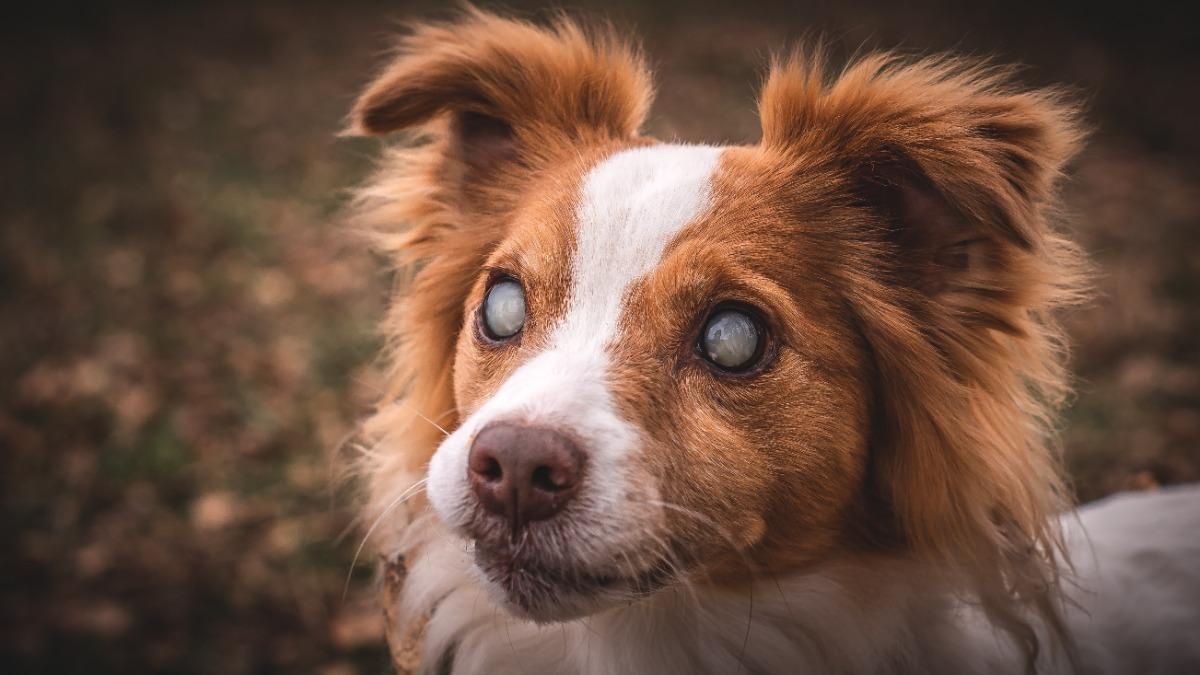
Animal Hospital Services from a Veterinarian Near You for Cataracts in Dogs
Cataracts in dogs are a common eye condition that can lead to impaired vision and, if left untreated, blindness. Similar to humans, cataracts in dogs appear as a cloudy or opaque area in the lens of the eye, hindering light from reaching the retina. Early detection and proper care are crucial in preventing blindness and maintaining your dog’s quality of life. For more information, from Stave Lake Veterinary Hospital, serving Mission, BC, and Maple Ridge, BC.
Signs that Your Dog Might Have Cataracts
It’s essential to recognize the signs of cataracts early on. Common symptoms include a bluish, gray, or white cloudiness in the eye, noticeable difficulty in seeing, especially in dim lighting, and frequent bumping into objects. You may also observe behavioral changes such as reluctance to climb stairs or jump onto furniture. If you notice any of these signs, it’s important to consult a veterinarian near you in Mission, BC, or Maple Ridge, BC, for a professional evaluation.
Causes of Cataracts in Dogs
Cataracts in dogs can develop due to various reasons, including aging, genetics, diabetes, or eye injuries. Certain breeds are more prone to cataracts, such as Cocker Spaniels, Poodles, and Siberian Huskies. Diabetes-related cataracts are particularly common, where the lens becomes clouded due to high blood sugar levels. Regular check-ups with a veterinarian near you can help in early detection and management of conditions that may lead to cataracts.
Preventing Blindness in Dogs with Cataracts
While not all cataracts can be prevented, early detection and treatment are key to preventing blindness. Regular eye examinations by a veterinarian at an animal hospital in Mission, BC, or Maple Ridge, BC, are crucial. If your dog is diagnosed with cataracts, your veterinarian might recommend surgery as the most effective treatment to restore vision. Managing underlying conditions such as diabetes is also essential in preventing the progression of cataracts.
What to Expect from Cataract Surgery
Cataract surgery for dogs involves removing the cloudy lens and replacing it with an artificial one. This procedure is highly successful in restoring vision when performed by a skilled veterinary surgeon. Post-operative care is vital for the success of the surgery, including administering prescribed eye drops and attending follow-up appointments to ensure proper healing.
The Importance of Regular Veterinary Care
Regular visits to a veterinarian are essential for your dog’s overall health and well-being. Routine eye exams can detect cataracts and other eye conditions early, increasing the chances of successful treatment. If you notice any changes in your dog’s vision or behavior, don’t delay in seeking veterinary care. Early intervention is key to preventing blindness and ensuring your dog enjoys a long, healthy life.
Get Animal Hospital Services from a Veterinarian Near You for Help Preventing Blindness of Pets
If you suspect your dog may have cataracts or if you want to ensure their eyes remain healthy, contact Stave Lake Veterinary Hospital, serving Mission, BC, and Maple Ridge, BC. Our experienced team is dedicated to providing comprehensive eye care and preventing blindness in dogs. Schedule an appointment today to discuss your concerns and keep your dog’s vision clear and healthy. Call us at (604) 286-0160 for animal hospital services from a veterinarian near you for help preventing blindness in pets.
